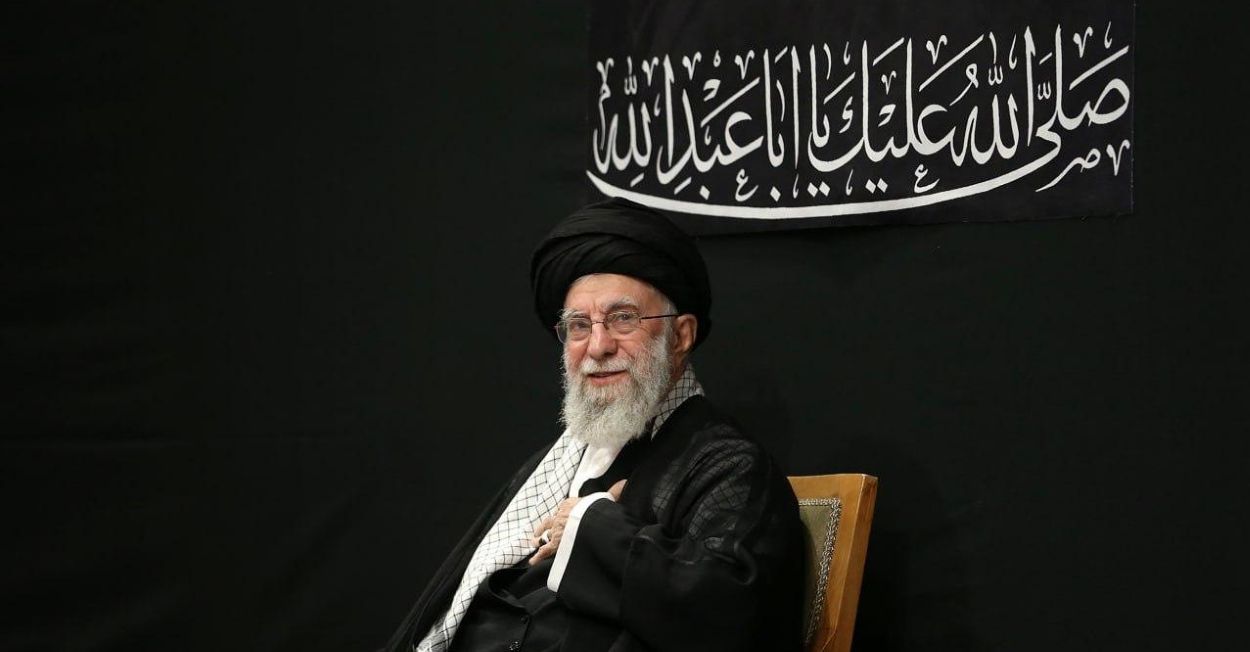Iran’s Supreme Leader, Ayatollah Ali Khamenei, called for a united national front to counter what he described as U.S. efforts to subjugate Iran. He made these remarks during a speech at a mosque in Tehran, as reported by Reuters and published on his official website. His comments follow a 12-day conflict in June involving Israel and the U.S., as Iran prepares for nuclear talks with European powers.
Khamenei accused the U.S. of orchestrating attacks on Iran’s nuclear sites in June with the aim of destabilising the Islamic Republic. He claimed that “American agents” met in Europe to discuss plans for a post-regime government. Khamenei praised Iran’s resilience, stating, “The Iranian nation, alongside the armed forces, dealt a strong blow to its enemies.” He cautioned against internal divisions, attributing this discord to “agents of America and the Zionist regime.”
'They want Iran to OBEY America… Iranian people would be DEEPLY offended by such a great insult'
Supreme Leader Khamenei says not as simple as 'negotiating directly with US'
Anyone who expects Tehran to obey 'will face FULL resistance of Iranian people' pic.twitter.com/FUM3v0e9oZ
— RT (@RT_com) August 24, 2025Iran’s nuclear program has been under scrutiny since the 1979 Islamic Revolution severed ties with the United States. Recently, tensions have escalated again following conflicts in June that disrupted negotiations. Although Iran denies pursuing nuclear weapons, the U.S. and its allies continue to raise accusations.
On August 26, Iran will meet with representatives from Britain, France, and Germany, facing the possibility of reimposed sanctions if they fail to reach an agreement. Additionally, the ongoing war has caused $1.2 billion in damages to Iran, underscoring the significant stakes involved.
Read: Iran Ready to Respond to Attacks: Khamenei Warns of Bigger Blows
Khamenei’s speech underscores a sense of national solidarity, as a 2025 Tehran University poll indicates that 68% of Iranians support the regime’s position. However, critics, including officials from the United States, argue that Iran’s rhetoric exacerbates tensions. The outcome of the ongoing talks could significantly influence the dynamics of the Middle East, especially amid the continuing U.S. sanctions and regional rivalries.






